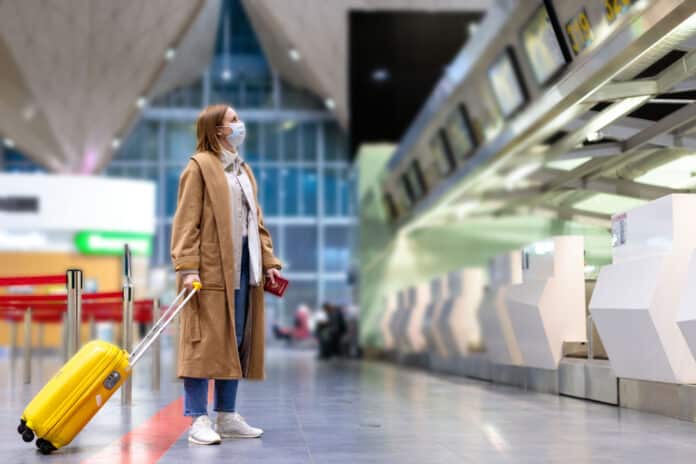
There are many detriments to traveling, especially when it’s by air. Traveling can drain your stamina, cause your skin to dry out, and otherwise alter or disorient how your body usually feels.
Humidity is lower than at sea level, and the cabin experiences a broader range of temperature, pressure, and oxygen levels than usual. All of those factors can interfere with your body’s regular functions. Below are six other ways travel can affect your body.
Stress
There are a lot of things that can cause you stress at the airport, even before you board the plane. Some of them are long lines, the pressure to make your flight on time, and the burden of your luggage.
The next step is to board the plane, where you may sit in an uncomfortable aisle seat next to strangers. It may seem like an endless ordeal designed to try your patience.
To reduce anxiety, it’s best to plan ahead as much as possible. If you need to bring medication, make sure you put it in your carry-on rather than your checked luggage to avoid losing it.
Dehydration
Airplane cabins have extremely low humidity because it draws roughly half of their air from outside, and air at high altitudes doesn’t have enough moisture. Because of this, you may experience dryness in your nose, throat, and skin.
Keep yourself hydrated by bringing an empty bottle of water you can fill up at the airport and use on the plane.
Exposure to Germs
Recirculating air in the cabin might seem like a recipe for diseases, but commercial airlines use sophisticated filtration systems to eliminate most germs. However, being in close quarters with so many other people and all their germs can make you sick.
You can catch an illness from your fellow travelers, especially if they have something easily contagious like the flu. Germs can also thrive on seat belt buckles, tray tables, and other high-touch areas.
Affects Your Ears
Maintaining your equilibrium depends on the air pressure in your inner ears adjusting to the changes in the cabin pressure. Your ears may pop as they readjust to the rapid changes in pressure during takeoff and landing, and this is because of the stress placed on the middle ear tissue and eustachian tubes.
This lack of balance is a possible cause of motion sickness.
Makes You Bloated
You might feel bloated because the gas in your digestive tract expands in response to the shifts in atmospheric pressure. To avoid this, don’t shove down a greasy burger and fries at the airport, and steer clear of foods you know will aggravate your bloating.
Makes You Feel Weak
The air pressure is lower at higher altitudes, so your body receives less oxygen. Airplane cabins are “pressurized,” which means that passengers still receive less oxygen than usual, leaving them tired or unable to catch their breath.
Long periods of sitting, with the accompanying risk of dehydration, are counterproductive. Then, there’s the issue of jet lag when crossing time zones.


















